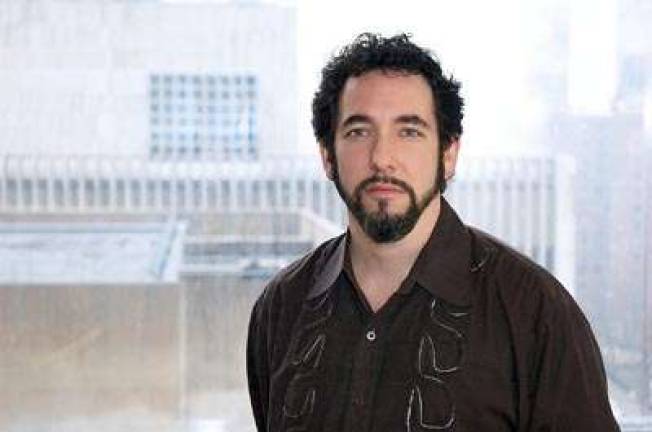Interview with Bill Bragin, Curator of Lincoln Center's Midsummer Night Swing

Bill Bragin Bill Bragin, "curator/presenter" of Lincoln Center's Midsummer Night Swing and Lincoln Center Out of Doors, clued into music's transcendental effects early on. As a teen on Long Island, friends gathered after school in his record-strewn bedroom to hear his latest vinyl discoveries. Before one track had even finished, Bragin would be setting up the next-"Now you need to listen to this!" (By Elena Oumano) Not much has changed, really, except the size of his playing field-today it's Lincoln Center-sized audiences that he directs to the world's most visionary performing artists, often billed together in audacious mash-ups. His commanding musical instincts have only refined and expanded. That precocious missionary zeal for opening ears and expanding minds is now enabled by his position and wide-ranging contacts gathered over decades of developing and showcasing talent. It began with his very first day of college, when the young music junkie joined the campus radio station and the alternative concert series. He interned the following summer for Carla Bley and Michael Mattler's New Music Distribution Services and, while still getting his B.A. in sociology, worked for George Wein's Festival Productions. After graduation, a life-changing gig setting up concerts for Summerstage connected him to knowledgeable niche music advisors such as Afropop's Sean Barlow. Then, Bragin dived into the opportunity provided by the Public Theater at Joe's Pub, where his artist development and programming of approximately 3,000 shows turned the club into the crossroads for the scattered affiliates of New York City's most adventurous music scenes. [Elena Oumano] How do you bring in people who normally wouldn't go to a Joe's Pub or a Lincoln Center? It starts with going to people where they are. In college, I'd find a great article about the artist, turn it into a flyer and paste it on the back of every bathroom stall on campus. In the performing arts we call this artist contextualization, preparing the audience for the show, a grassroots form of audience development and social marketing. Now you just send an article to Facebook or post it on a website to let people know, "Here's an artist whose name you don't know but I think you'll be curious about-come because it's free. Either you'll like it or you won't, but at least you'll be taking a chance." These cross-cultural, cross-genre bookings are interesting because they can fall flat on their faces or be really illuminating. I'm fundamentally a generalist with very broad tastes, so the context I work in is not necessarily about being the definitive presenter in any one style. A lot of the focus is on understanding the different niches of different dynamics. It's about how and where you communicate to them in terms of the protocol and audience expectations-is it an audience that will want to dance or come on stage and give money to the performer or sit and be very quiet? Does this relate to anything happening out in the world politically? It's important to me that the audiences have a base of those who are familiar with the artist and recognize his or her cultural importance as well as audience members who are encountering not just the artist but that style of music or dance for the first time. There's that immediate moment of discovery, when your mind is blown because you've never heard or seen something like that and there's interaction between all of the audience-that process of cultural sharing, a sort of pride and eye-opening. That's why I wanted to be at Summerstage and why I came to Lincoln Center-those points of intersection are key. I look at the work I do both from an aesthetic standpoint and also as community-building and how the work will resonate within society. Festivals like Midsummer Night Swing and Lincoln Center Out of Doors have a huge social mission that works in tandem with the artistic mission. Schedules for Midsummer Night Swing and Lincoln Center Out of Doors can be found at lincolncenter.org.